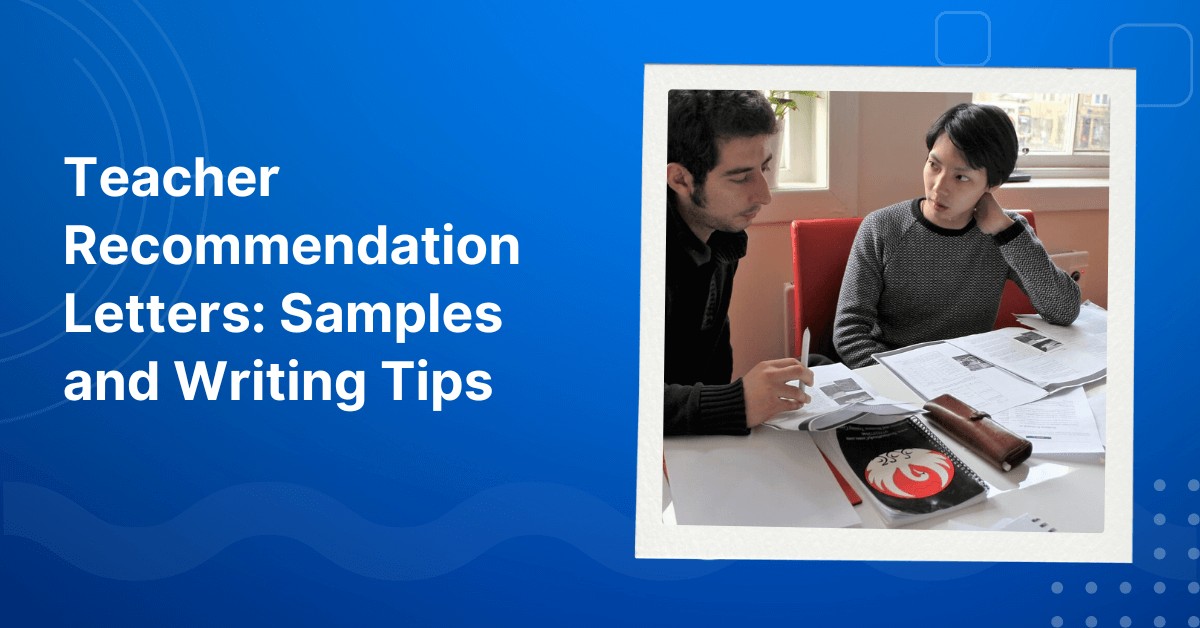I have heard a lot of stories about types of challenging student in class, and none of them are like any other. Except for special cases with disorder, there will always be some individuals who often seem to be an obstacle or even a big pressure for teachers during class time.
And don’t get me wrong, they’re just kids after all, which means it’s not anyone’s fault that their behaviors somehow keep you from having a successful class. Instead of accusing, we need to find out the cause behind the child’s misbehavior, and find ways to solve the problem and improve the quality of each session.
Below I will share with you five typical cases of bad behavior and solutions (which I have applied successfully).
1. Challenging Student no.1: Whiny students
Whether you are a novice, or have been in the teaching profession for a while, you will surely meet this type of student. The typical behaviors consists of complaining, crying, making fuss about games they are not interested in, homework, class content, and usually don’t seem to be cooperative until they get what they want.
How to handle it: children are really easier to deal with than adults, you just need to make them like you or enjoy your class then everything will soon be settled.
First, you need to know their interests, priorities, strengths + weaknesses, what the student wants in a class, and try to integrate those subtly into the lesson. Also make sure you talk and make a deal with them before each session about demonstrating a good attitude will gain them equal benefits ( getting to play their favorite games, stickers,…).
Note: Don’t overuse the ‘’reward tactic’’ as the students may become greedy for more. The key is to get their interest, not to spoil them.
2. Challenging Student No.2: Bully students
Same as the whiny type, a student with a tendency to bullying can be frequently observed within the school campus. Forms of bullying can be both mental and physical, but nevertheless, acts of bullying should never be ignored or tolerated, because it directly affects both of the young victim’s mental health and well-being.
How to handle it: First you need to have a private conversation with the bully student, to clarify all the points and let them know what they do is seriously inappropriate. After that, the possible outcomes would be:
- The bully students understood and stop his/ her acts
- The student completely ignored what you said
This is when you need parental intervention. A serious conversation with the parents of both students is very important. Simply because if the parents of the bully are also unconcerned and uncooperative, you need to let the victim one know about what’s going on so that they can find a solution. (eg transferring classes to their children).
3. Challenging Student No.3: Passive students
A student who is passive from start to finish and is always counting on someone else’s direction will not perform well in a language class. Because when they are only ”reactive”, making zero effort in talking or asking questions, their abilities cannot be improved.
How to handle it: First you will need to arrange the seats so that those passive students will always be sitting near you, so you can always keep an eye on them. I will begin the lesson with the things they know / love the most (you will of course need a conversation with the student, or their parents / close friends if they don’t want to open up, to have an insight to what amuse them the most). This way, they will find themselves having an advantage over others on the topic, and while they wonder whether to raise their hand, call them while giving a trusting look and smile. Make sure you always sound extremely happy and delighted about them being able to make effort, and that there is no need to correct pronunciation or grammar errors right away, as that is not yet necessary.
The next time their confidence improves, try cleverly giving the correct answer after each statement (if they are giving an incorrect information) to avoid misunderstanding by other students.
4. Challenging Student No.4: Competitive student
These students will sometimes even appear to behave like bullies, for example when they tease and laugh at another student for making a mistake. They are not afraid to show that they know all the answers, and often talk a lot, sometimes even when you don’t ask them to. The fact that these students talk too much results in other students losing opportunities to show their abilities, and gradually developing passive habits.
How to handle it: I used to set some rules in the classroom such as no interrupting other friends, no speaking when it’s not my turn, and there will always be a reward for students who follow the rules accordingly. As a confident and competitive student, he / she will certainly perform well so that he or she can get more rewards than the others, which means your problem is successfully solved.
5. Challenging Student No.5: Prodigy
It’s quite funny that a very good student also gives us a headache. The problem is that it would be very unfair for the prodigy and the other kids in the class too if they both had to be in the same level. You will always struggle to balance the progress of an outstanding one an the rest of the class, so the quality of the lesson becomes less efficient and enjoyable.
How to handle it: A sensible teacher will quickly take a level test to be able to determine the prodigy student’s true abilities, and send them to a higher-leveled course which is in accordance with their abilities. Staying in a class with the difference in level of knowledge will gradually create feelings of boredom and loss of interest to an individual, so always ensure that the kids you teach are at the right level that they belong to.
Are you facing difficulties in finding and securing teaching positions in Vietnam? Are visa procedures causing you trouble? Feeling overwhelmed and directionless upon your arrival in Vietnam for teaching assignments? Don’t worry, VTJ’s English Teaching Placement in Vietnam (EPIV) Program 2024 provides comprehensive support to solve ALL the matters.
👉👉👉 Click HERE to request free consultation









